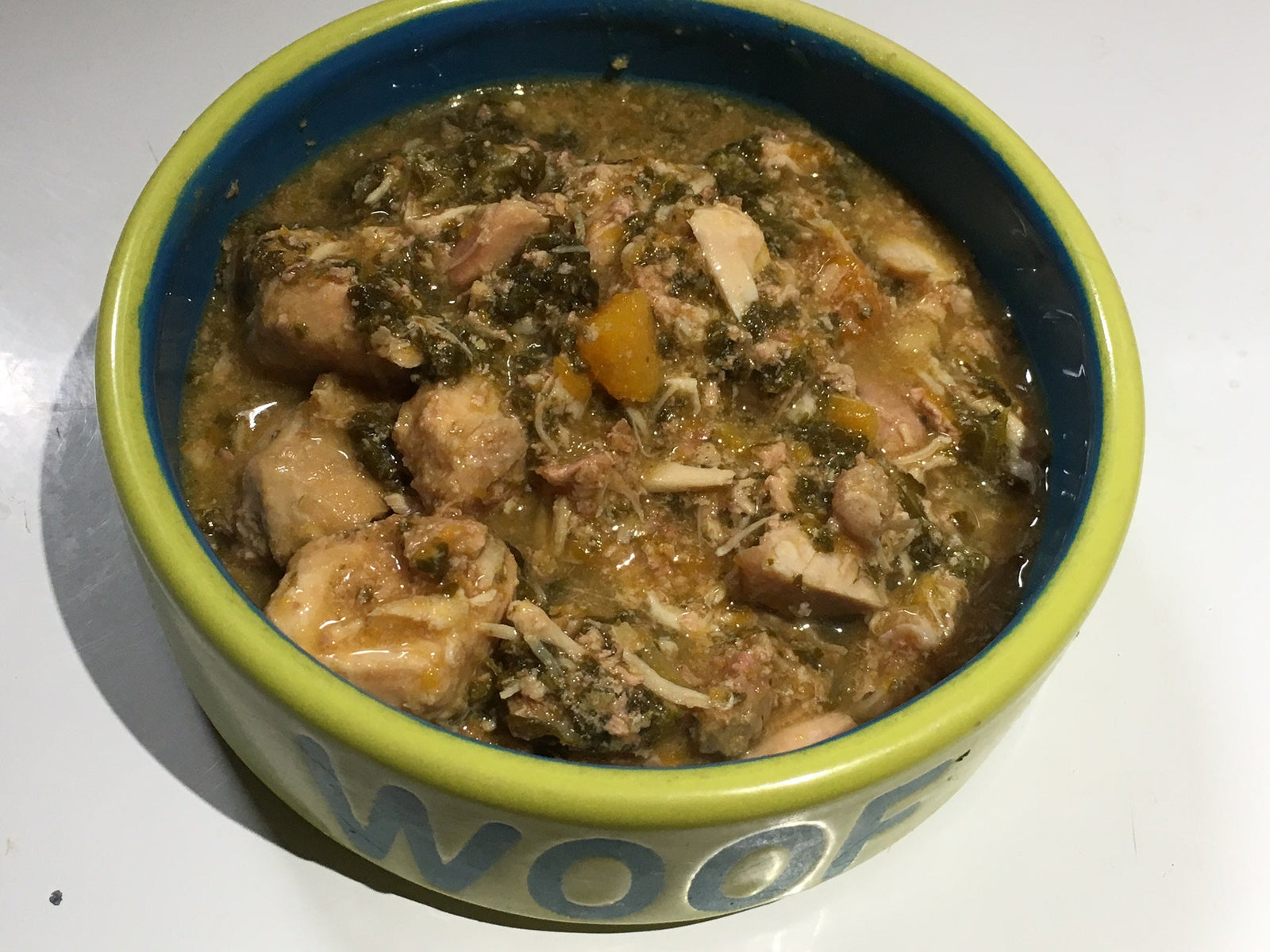Pancreatitis affects thousands of dogs and cats every day. While the usual blame is a high-fat meal, getting into the trash, or other dietary indiscretion, there are many factors that may play a role. Abdominal trauma in the area of the pancreas, high calcium levels in the blood, obesity, toxins, and some drugs, like steroids may all contribute to the syndrome. Dogs with Cushings Disease are particularly prone to pancreatitis, as they have high circulating cortisol (steroid) levels. Although pancreatitis can occur in any dog breed, it occurs more frequently in the Miniature Schnauzer, Miniature Poodle, Yorkie, and Cocker Spaniel. Inflammation of the pancreas is also more common in females than in males, and more common in elderly dogs.
Symptoms may include vomiting, diarrhea, loss of appetite, fever, weight loss (more common in cats), dehydration, lethargy, and mild to moderate abdominal pain. Pancreatitis can be life threatening if not treated appropriately, particularly in a severe acute attack.
Any underlying disorders that might contribute to pancreatitis should be ruled out, including laboratory testing for calcium and cortisol levels. Drugs that might be contributing to the disease should be discontinued as soon as possible, if possible.
Treatment should provide re-hydration and may require the use of intravenous or subcutaneous fluids, depending on severity. Anti-nausea and anti-diarrheal medications or herbal preparations may need to be instituted. Acupuncture can help dramatically for some pets.
Since we have been battling pancreatitis with our old Cocker Spaniel, Scout, for the past two months, I have instituted a low-fat, home-cooked meal for him. He cannot tolerate high fat levels in his food right now and cannot tolerate the addition of any omega-3 fish oils to his diet. Be very careful with Omega-3's in pets with pancreatitis, as this may set off vomiting or diarrhea. Encapsulated oils tend to work better than liquids.
My home cooked recipe for Scout (which he adores):
- 72 ounces organic boneless, skinless, trimmed chicken breast, diced
- 10 ounces organic chicken gizzards
- 13 ounces organic chicken liver
- 2 ounces ground organic fresh ginger root
- 1 1/2 pounds organic butternut squash, peeled, de-seeded, and diced
- 6 ounces chopped organic kale
- 4 ounces organic sliced Shiitake mushrooms
- 8 ounces organic chopped asparagus
- 1/2 teaspoon dried kelp powder
- Shells from 3 eggs ground
- 30 mg zinc picolinate
- 1/2 teaspoon sea salt
- 1/2 teaspoon cod liver oil
- 1 ounce flaxseed
- 1/2 teaspoon ground turmeric
Crock pot all the ingredients with about 4 cups of water on low heat for 12 hours, stirring occasionally. I do not feed this raw to my pets with pancreatitis, as they are already struggling with digestion and need to be fed something that is basically "pre-digested".
To modify this meal for kitties, the amount of vegetable matter needs to be dramatically decreased down to about 5% of the total ingredients. I would keep all the same ingredients, just use less of the veggies. (2 ounces each of kale, asparagus, squash, 1/2 ounce mushroom)
Be careful when adding anything new to the diet particularly if the new ingredient has a high fat content.
Disclaimer: This content is for informational purposes only and is not meant to diagnose, treat, or replace consulting a primary veterinarian for individualized care.

